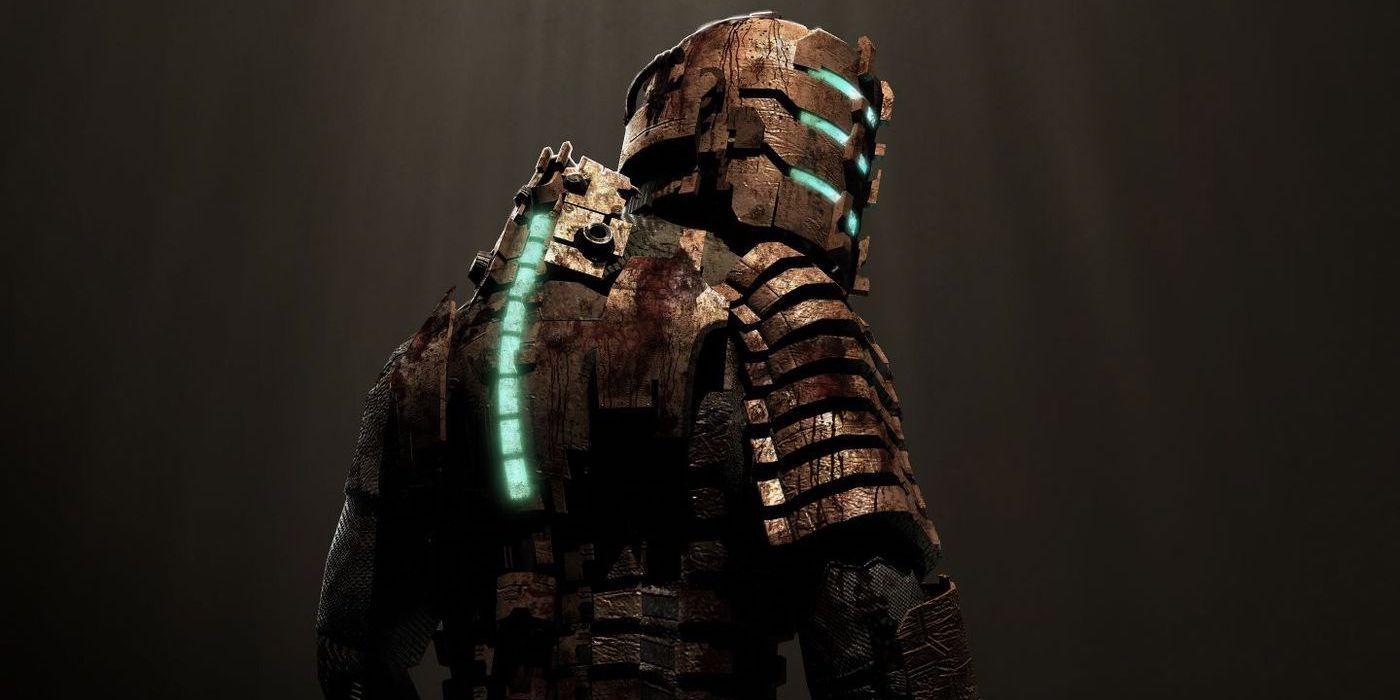In what has become the golden age of video game adaptations, the absence of Dead Space from the live-action spotlight is more than a curious oversight – it’s a baffling missed opportunity. With The Last of Us making never-ending rounds on the internet and Fallout drawing critical acclaim, it’s clear that we’re finally in an era where game narratives are being taken seriously by other media forms, treated with the nuance they have always deserved. Yet somehow, one of the most cinematically charged, emotionally haunting survival horror titles ever made has not been brought into the live-action spotlight.
Since its debut in 2008, Dead Space has been heralded as a masterclass in immersive horror. It’s not just a game, it’s an experience – a descent into madness and monstrosity onboard the USG Ishimura that lights up the nerves of anyone who has played it. With multiple sequels, novels, animated spin-offs, and even a 2023 remake under its belt, Dead Space has established itself as a lasting and beloved franchise, up there with other franchises like Silent Hill and Resident Evil that have seen multiple adaptations come to fruition. Despite its momentum and hungry fanbase, no live-action project has ever been able to move beyond a rumor of what could be – and as the years go by, this becomes more and more of a shame.
The Cinematic Blueprints for a ‘Dead Space’ Movie Have Already Been Built
The argument for a live-action Dead Space is so obvious that it’s been a topic of conversation since the first game was released, to the point that even John Carpenter has expressed interest in directing an adaptation multiple times over the years. Its ghost ship setting, haunted by the flesh-warped remains of its own crew rather than ghosts, offers a locked-room horror story brimming with atmosphere. The USG Ishimura is essentially a character in itself, a decaying labyrinth of flickering lights and cavernous silence. From a production standpoint, making a movie set on the USG Ishimura is a dream for both horror and science fiction filmmakers: a self-contained world that is both thematically rich and visually striking. A live-action adaptation wouldn’t need to reimagine the aesthetic, it would just need to honor it.
But its rich setting and grotesque necromorphs aren’t the only things that make Dead Space ripe for adaptation, as its emotional and psychological depth are the exact themes the horror genre has proven to thrive on in recent years. The story of the series’ reluctant protagonist, Isaac Clarke, isn’t one of triumph. It’s one of survival at personal cost. As the engineer is sent to investigate a distress signal, Isaac is pulled into an incomprehensible nightmare where bodies continue to pile up and his mind fractures under the influence of the Marker.
The result is Isaac becoming the vessel through which players experience a wide range of themes: the fragility of sanity, the cost of grief, and the way institutional power feeds on human desperation. Dead Space could easily join the ranks of successful adaptations that maintain the core of their respective games by offering a blend of psychological horror and anti-corporate commentary that feels especially timely in a post-pandemic, late-capitalistic media landscape.

Related
“In space, no one can hear you scream.”
‘Dead Space’ Is the Perfect IP for a Genre Obsessed With Prestige
Dead Space already has the kind of built-in lore and narrative foundation that lends itself to prestige horror in any format. Its story isn’t just about monsters and delivering scares, it’s about grief, delusion, and the erosion of identity in the face of nightmarish terror. The world of Dead Space is dense with history, whether it’s the cryptic origins of the Marker to the rise of Unitology, all grounded by the deeply personal descent into isolation and madness that Isaac experiences. There’s space (pun fully intended) for claustrophobic sequences of survival as well as character-driven detours that explore themes of trauma, indoctrination, and psychological collapse.
In a genre landscape increasingly defined by emotional horror – think Hereditary, Annihilation, The Haunting of Hill House – Dead Space fits right in. It already has the elements of prestige horror with its haunting aesthetic, mythic undercurrent, and profoundly human story at the core. All it needs is someone to bring it to life – so what’s the holdup?
It could be that horror adaptations, particularly those based in science fiction, come with production challenges and budget concerns, and there’s always the fear of alienating general audiences and only appealing to existing fans of the games. But that logic has become outdated in recent years as multiple projects prove that viewers can be pulled in, even from audiences that have never played a video game, through generating conversations and breathing new life into established franchises. The franchise simply needs a passionate creative team behind it who are familiar with the games, such is the case with Alex Garland’s Elden Ring adaptation, to give audiences the chance to enjoy Dead Space as they have never been before.
Ultimately, the continued lack of a Dead Space adaptation isn’t just a snub to its fans, it’s a blind spot in the evolution of not only video game adaptations, but the horror genre as a whole. At a time when the genre is more daring, thoughtful, and visually ambitious than ever, Dead Space offers a pre-existing blueprint for something truly special – a story that isn’t afraid to be equal parts grotesque and nihilistic, while at the same time never losing an underlying sense of humanity. It’s horror with a soul, and it’s long overdue for someone to bring it to life in a way it’s never been seen before. Because if we can get a clicker-infested America, a “faithful” Silent Hill revival, and even Dead by Daylight can get the adaptation treatment, surely audiences deserve to watch the lights fail on the Ishimura… and listen to the silence that follows.
